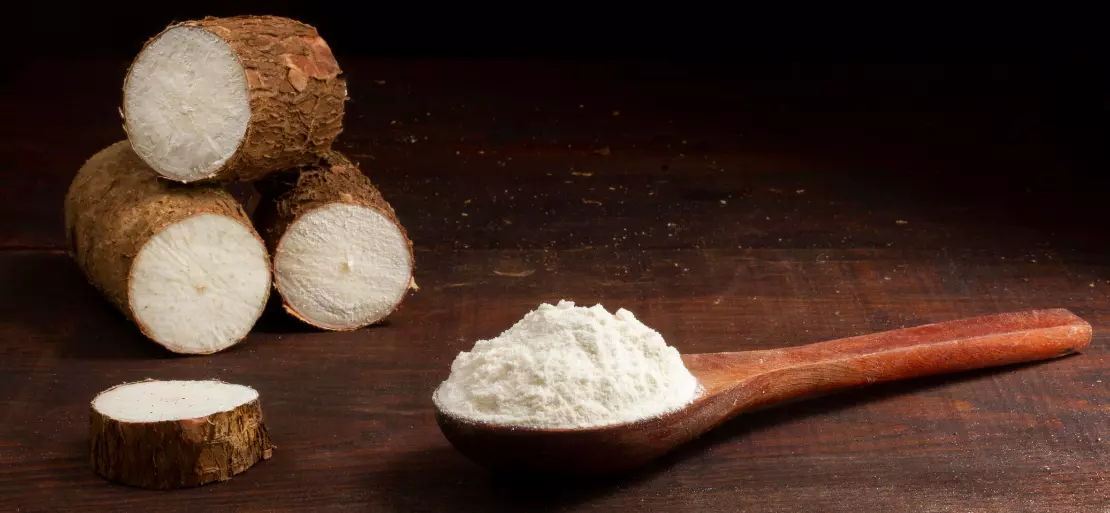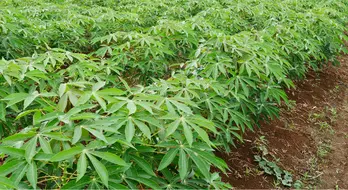Drought-Resilient Cassava Seed will be Accessible to More Farmers in Tamil Nadu Districts

Cassava is a nutty-flavoured starchy root vegetable or tuber. It's a vital source of calories and carbohydrates for people from South America who live in various countries. The world's top cassava producers are Nigeria, Thailand, and Indonesia. Vitamin C is abundant in cassava root, and it functions as an antioxidant, boosts collagen formation, and improves immunity, among other things. It's also high in copper, required for neurotransmitter synthesis, energy production, iron metabolism, and other functions.
Cassava treats fatigue and dehydration in diarrhoea sepsis patients and induces labour. Its roots and leaves are consumed as a source of nutrition. Cassava, on the other hand, includes compounds known as cyanogenic glycosides. These compounds can cause the body to emit cyanide. To avoid cyanide poisoning, cassava must be properly cooked before consumption.
CTCRI's principal mission is to research tropical tuber crops. Each section of the CTCRI focuses its study on different areas of tuber crops. The crop development division's activities are focused on collecting germplasm from various tuber crops from around the world and storing it in field gene banks and in vitro. Another essential activity of this division is the development of new tuber crop varieties with increased yield and other qualities appropriate for industrial and food applications.
Farmers in the Karur, Salem, and Namakkal districts would be able to obtain seed for the drought resistant Sree Athulya cassava or maravalli kizhangu type. Farmers in Salem, who received 18 tonnes of cassava per acre instead of the customary 12-15 tonnes, said they were sceptical at first about the bug resistance of this type.
M. Subramanian, a farmer from Salem's Goodamalai, claimed he had also planted the popular Thailand type in another plot, which pests had attacked. The kind provided by the ICAR-Central Tuber Crops Research Institute in Thiruvananthapuram, on the other hand, proved to be more pest-resistant and yielded a larger crop.
According to D. Jaganathan, Senior Scientist, ICAR-CTCRI, this was the first harvest of the Sree Athulya cultivar in the Salem district. The seven farmers who decided to plant it achieved a better yield while spending far less than they would typically because they saved on pesticides.
Principal Scientist R. Muthuraj stated that the 10-foot stems of the plants would now be cut into smaller parts and distributed to other farmers. Recently, ten farmers in the Karur district were given seed material of this heat-resistant species that can withstand drought and produce a good yield despite the vibrant soil.
As per P. Prakash, a scientist, this cultivar had a starch level of 34%, which was much above the purchasers' threshold limit. The local cultivars contain up to 24% starch content, which means the farmer would only be paid 80% of the market rate. It can be grown in coconut and fruit plantations. Vegetables can also be grown alongside this crop because there is a lot of space between the plants.
Apart from ten farmers in Karur, 20 farmers in Salem and another 20 people in Namakkal would now benefit from the scheme's accessible inputs. At first, farmers are afraid to try this crop since they are unfamiliar with it. However, if a few farmers in one hamlet are convinced, they will accept it. And once they have a good harvest, more people become aware of it.

